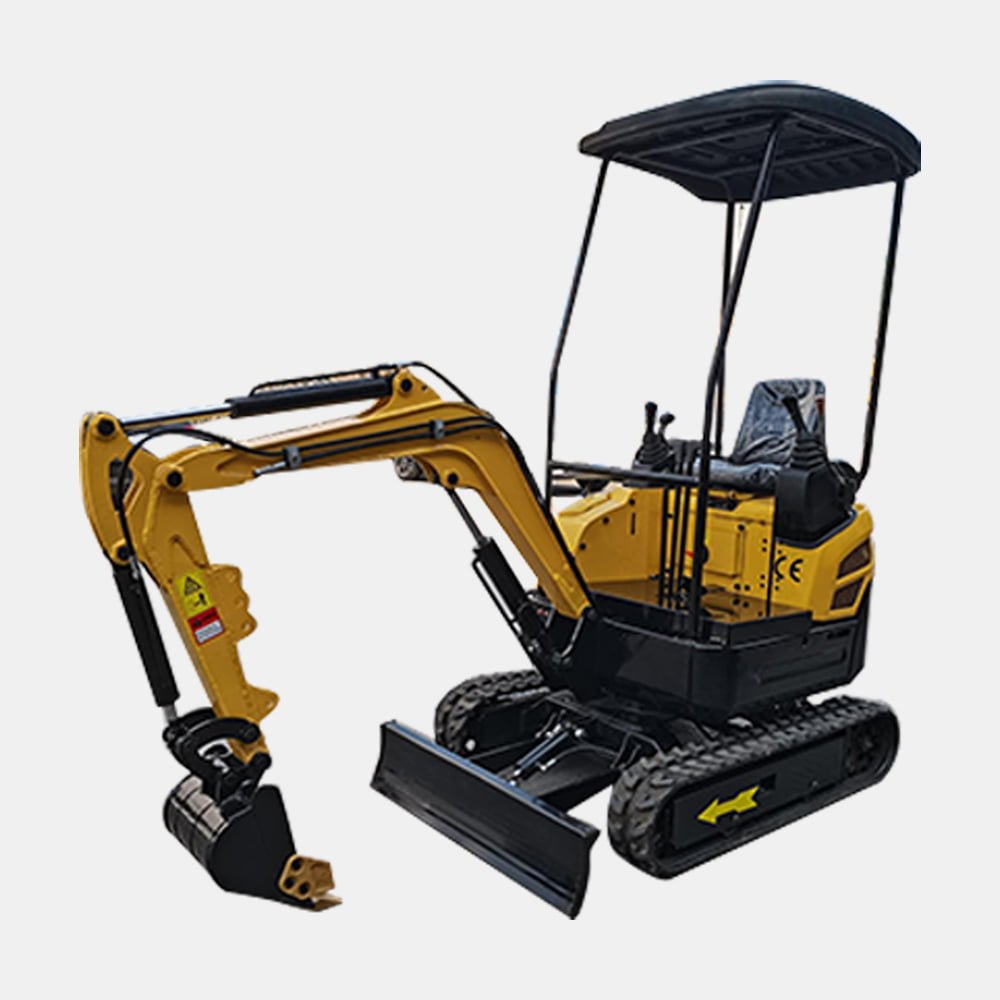Introduction to Dozers and Excavators

Machinery plays an integral role in the construction and excavation industry, with dozers and excavators standing as pillars of strength in such operations. Understanding these robust machines and their nuanced applications can significantly impact project efficiency and outcomes.
Understanding the Role of Dozers
Types of Dozers
Dozers come in various configurations, each tailored to specific tasks. From crawler dozers to wheel dozers, the diversity in design caters to distinct operational needs.
Applications and Functions
The versatility of dozers spans across land clearing, grading, and pushing heavy materials. Their adeptness in creating level surfaces or shaping landscapes makes them indispensable in construction.
Exploring Excavators
Various Types of Excavators
Excavators, characterized by their hydraulic systems and rotating cabs, are available in models like compact excavators, dragline excavators, and long reach excavators, serving diverse purposes.
Excavator Uses and Benefits
The flexibility of excavators allows for digging trenches, demolishing structures, and handling heavy materials. Their precision and power streamline complex tasks in construction projects.
Differences Between Dozers and Excavators
While both serve pivotal roles in construction, their operational mechanics and functions differ significantly. Understanding these distinctions aids in selecting the right equipment for specific tasks.
Choosing the Right Equipment
Factors to Consider
Determining factors like terrain, project scale, and required functionalities guide the choice between dozers and excavators, ensuring optimal performance and cost-efficiency.
Maintenance and Care Tips for Dozers and Excavators
Routine Checks
Regular inspections and maintenance routines guarantee the longevity and optimal performance of dozers and excavators, reducing downtime and repair costs.
Preventive Measures
Implementing proactive measures, such as lubrication schedules and component checks, minimizes wear and tear, ensuring seamless operations.
| Maintenance and Care Tips for Dozers and Excavators |
|---|
| For Dozers |
| Conduct regular engine checks and oil analysis to ensure optimal performance and early detection of issues. |
| Grease all fittings as per the manufacturer’s recommendations to reduce friction and prevent premature wear. |
| Inspect and replace air filters regularly to maintain clean airflow and prevent engine damage. |
| Check undercarriage components, such as tracks and rollers, for wear and tear, and replace when necessary. |
| Monitor hydraulic systems for leaks and proper functioning, addressing any issues promptly to avoid system failure. |
| Keep blades and cutting edges sharp for efficient operation and to minimize strain on the machine. |
| For Excavators |
| Check hydraulic fluid levels and quality regularly, ensuring proper lubrication and smooth operation. |
| Inspect and clean the excavator’s tracks, idlers, and rollers to prevent debris buildup and extend component life. |
| Regularly inspect and maintain bucket teeth and edges for optimal digging performance. |
| Ensure the proper tension of tracks to prevent excessive wear and track slippage. |
| Monitor and maintain the slew ring and swing gear to prevent unexpected breakdowns during operation. |
| Keep the cab and controls clean and free from debris to ensure the operator’s comfort and safety. |
Safety Guidelines When Operating Dozers and Excavators
Training Requirements
Proficient training and certifications are vital for operators to maneuver these heavy machines safely and efficiently, minimizing accidents and ensuring workplace safety.
Safety Equipment
Employing safety gear and adherence to operational protocols are paramount to protect personnel and surroundings during dozer and excavator operations.
Advancements in Dozer and Excavator Technology

Innovations in Design
Ongoing technological advancements integrate ergonomic designs and improved functionalities, enhancing operator comfort and machine performance.
Automation and Efficiency
The incorporation of automation and smart technology in modern machinery amplifies efficiency, reducing manual labor and increasing productivity.
Environmental Impact of Dozers and Excavators
Sustainable Practices
Adopting eco-friendly practices, such as emission control mechanisms and fuel-efficient engines, contributes to minimizing the environmental footprint of these machines.
Eco-friendly Options
Exploring alternative fuels and sustainable materials in construction equipment design promotes environmental conservation without compromising performance.
Future Trends in Dozer and Excavator Industry
Predictions and Developments
Anticipated advancements, like AI integration and further eco-conscious designs, depict a promising future for the dozer and excavator industry, shaping a more sustainable and efficient landscape.
In conclusion, comprehending the nuances between dozers and excavators and their diverse applications in construction projects empowers decision-making for optimal performance, safety, and environmental consciousness.
FAQs:Dozers Excavators
Are dozers and excavators suitable for all terrains?
- Understanding the terrain is crucial; while some machines may excel in specific terrains, others might be more versatile.
How often should maintenance checks be conducted for these machines?
- Regular maintenance checks should be scheduled as per manufacturer recommendations and depending on usage.
Can beginners operate dozers and excavators?
- Proper training and certifications are essential for safe and efficient operation, regardless of experience level.
What are some notable technological advancements in these machines?
- Advancements include GPS integration for precision, improved fuel efficiency, and enhanced ergonomic designs.
How do these machines impact the environment?
- While they are heavy machinery, adopting eco-friendly practices and materials can mitigate their environmental impact.

